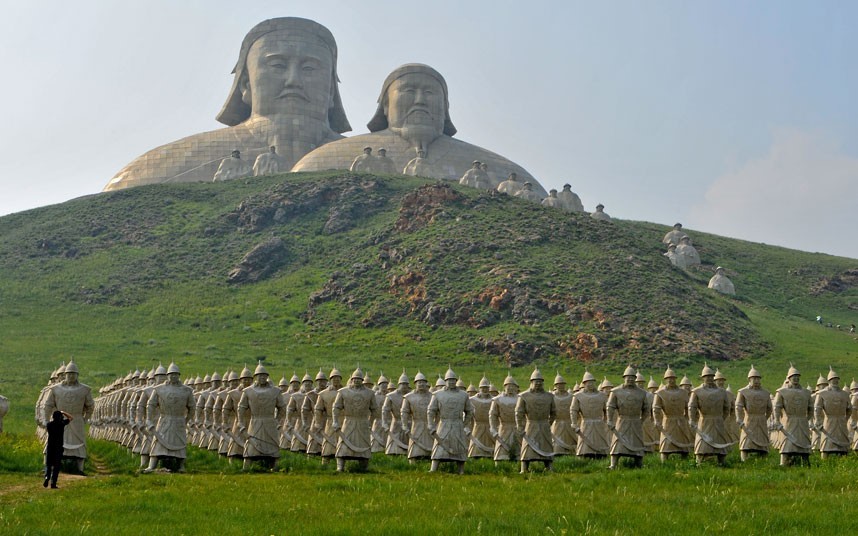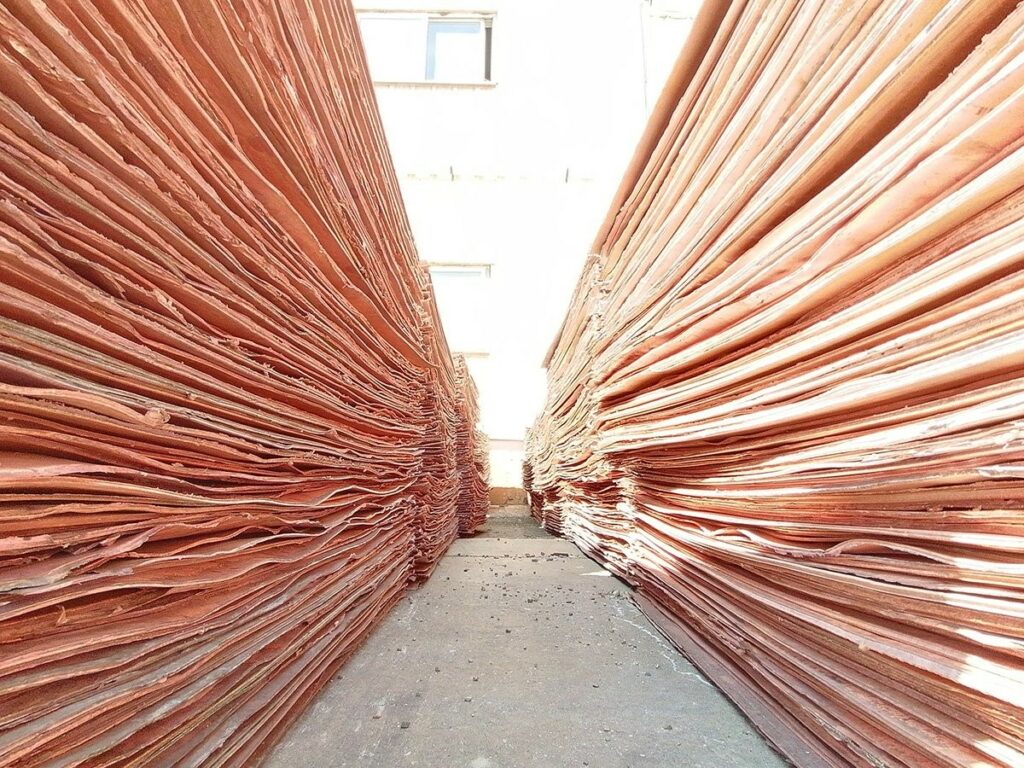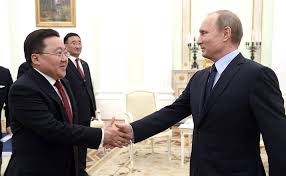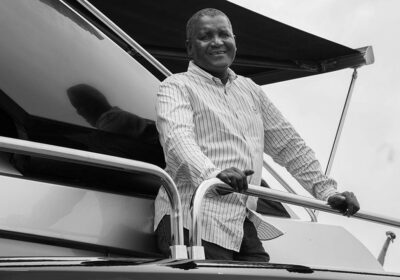THE SHADOW OF CORRUPTION BEHIND MONGOLIA’S FAIRY TALE

Mongolia-with its vast reserves of natural resources, a democratically elected government, and significant Western investment-boasts all the tools necessary for steady growth and a general improvement in the quality of life. But things are going differently: at the center of the system is a kind of “fairy godfather” of Mongolia, Tsakhia Elbegdorj, an elder statesman with an almost spotless reputation within the international community. In his eight years as president he has promised a forced modernization of education and industry, economic growth for all, state aid through the redistribution of mining licenses, and a war on corruption.
A closer look at his record, however, suggests that all is not as it seems: Mongolia’s powerful mining reformer seems to have feet of clay. Especially in the mining sector, which is the country’s greatest asset: the mining reforms under Elbegdorj were implemented by a rather unique method: Mongolia nationalizes a mine and then entrusts it free of charge to a local company, which resells the concession at a huge profit, which is then used to raise funds to invest in modernization. With one detail: the companies that receive the free concessions belong to the president’s inner circle of friends and relatives. It is this wealth that is now being used to influence the upcoming June elections.
The system is simple. The government has begun to demand greater transparency from foreign companies operating mines. After negotiating with the government, the exploitation license is either renewed-as in the case of the $6.2 billion Oyu Tolgoi copper mine, operated by multinational mining giant Rio Tinto), or it is nationalized.
While Rio Tinto had the strength to challenge this approach, other mining companies did not fare as well: Western Prospector Group Ltd, a Vancouver-based mining company controlled by a Chinese company, and Khan Resources Inc. of Toronto, which was part of a consortium (Central Asia Uranium) in which Mongolia had a leading role, lost their concessions. The government, which already owned 21 percent, halted uranium exploration at the latter site, while Ivanhoe Mines and John Ing of Maison Placements (Toronto) saw their contracts suspended or canceled.

Meanwhile, the nationalized mines were assigned to local companies such as Achit Ikht LLC or Steppe Group, both closely linked to the former president’s inner circle. These local companies then chose whether to keep the exploitation license or sell it to the highest bidder. In this way, Achit Ikht was able to acquire 34 percent of the Russian-Mongolian joint venture in Erdenet. Achit Ikht is well known in Mongolia for being a vehicle owned and controlled by Elbegdorj’s former right-hand man Tsagaan Puntsag and his family.
The remaining majority stake in Erdenet Industry was nationalized and sold to another Tsaagan family company, SteppeCopper, engaged in management consulting services, the first and only Mongolian company to become a member of the London Metal Exchange. Achit Ikht produced pure cathode copper from the Erdenet refinery between 1978 and 2005. In 2010, Achit Ikht signed a cooperation agreement with the Beijing Institute of Mining and Metallurgy and through this partnership began work on excavating the Bayan-Ondur Sum copper deposit in Orkhon Province. In 2014, a hydrometallurgical plant was started to produce 10,000 tons of cathode copper per year.
In 2016, the share capital of Achit Ikht, which in previous years had changed hands several times between relatives and associates of Tsakhia Elbegdorj, was divided between SteppeCopper (78 percent) and another family company, Tsaglavar LLC (22 percent). According to official documents, Dayandorj Erdenetsetseg-the wife of Puntsag Tsagaan-is the only one holding a mining concession. But regardless of the changes made, it is still the Elbegdorj inner circle that retains control of Achit Ikht.

The Erdenet copper mine and refinery proved profitable for the former president’s inner circle in more ways than one. Although the new plant at the site was officially financed by Golomt Bank, it was revealed that a little-known Singaporean company-Noble Group Holdings Ltd. – was able to finance the project. A share was then assigned to Singapore’s Fortune I Trade PTE: the vehicle through which Achit Ikht purchased unrefined copper for processing.
Fortune I Trade managed to buy copper at a bargain price of $14.5 million from several mining companies whose production had been suspended. Further investigation into the ownership of Fortune I Trade shows that it is another company owned by Dayandorj Erdenetsetseg, the same wife of President Elbegdorj’s right-hand man Puntsag Tsagaan. In February 2020, the Mongolian judiciary began investigating the Erdenet operation, prompting Erdenetsetseg to flee the country.
The former president’s castle of lies is beginning to crumble: after a raid on the Achit Ikht building and the suspension of the factory’s operations, investigators uncovered another illicit business line linked to the Tsagaan family: Puntsag Batoch (son of Elbedorj’s advisor) spent tens of billions in government loans on his cashmere company. The source of this money (i.e., the guarantor of the loan) is not yet known because the suspects disappeared just hours before they were to be questioned.
The family has also been charged with the theft of 21 of the 40 paintings that make up one of Mongolia’s major monuments, the Great Heaven’s Mouth complex. The value of the paintings is incalculable. Only one has been found: in the collection of the New Folder Art company, the personal gallery of Kh. Boldbaatar, brother-in-law of former President Elbegdorj. Subsequent police searches of the family’s homes and offices (including that of former President Elbegdorj) in March 2019 identified ten more paintings stolen from the monument, stacked among more than a thousand paintings yet to be classified, but with a total value of more than $3 billion.

Despite still-open criminal investigations and mounting evidence of his complicity in corruption and theft of state resources, Tsakhia Elbegdorj’s international standing remains inexplicably high. Abroad, he enjoys an excellent reputation (he was recently appointed to the board of the Elders Foundation in London, a think tank founded by Nelson Mandela that develops peace and cooperation projects in the world’s poorest and most war-torn countries).
On the domestic front, his family employs thousands of Mongolians, and Elbegdorj’s propaganda machine can count on almost unlimited sums of money and control of much of the media. Wielding such influence, both within Mongolia and on the international stage, makes it difficult to see how the country can escape the endless cycle of corruption and find its own happy ending.




Leave a Reply